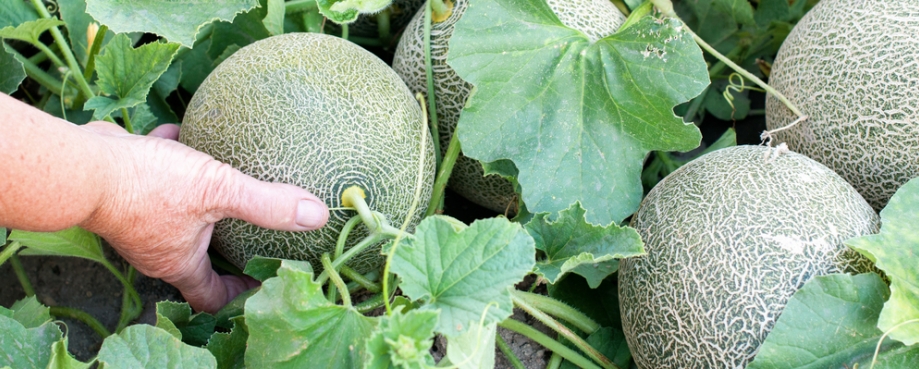
25 March 2019: At its 21st March meeting, ETI’s Board decided to terminate Fyffes’ membership of ETI. Fyffes has been suspended from ETI since May 2017.
Fyffes’ initial suspension followed formal complaints made under ETI’s complaints procedure by the NGO Banana Link and the International Union of Foodworkers (IUF) in March 2016. These concerned the treatment of workers at an associate company of Fyffes in Honduras – the Fyffes Suragroh farm business.
During its suspension, Fyffes was encouraged to develop and implement solutions to the aspects of the complaint that were upheld, namely the right of farm workers to be represented by a union of their choice.
However, the decision to finally terminate membership followed the ending of a flagged 60-day period.
This period included a joint mission to Honduras of a high-level ex-senior executive from a corporate and a trade union representative. This was aimed at agreeing a meaningful way forward that would include engagement with local workers’ representatives.
Regretfully, ETI’s Board decided that despite these efforts and ETI’s long-running engagement with the issue, Fyffes was still failing to resolve the substantive concerns raised.
The Board therefore concluded that they had no option but to terminate Fyffes’ membership.
ETI’s Director, Peter McAllister said: “ETI recognises that in the real world of global supply chains there will be times where there is a specific problem or dispute involving one or more ETI member companies.
“Typically, these are addressed through a mediation process with solutions agreed and implemented between concerned parties.
“Unfortunately, despite our best efforts, this has not happened in this case.”
ETI expectations
Peter McAllister pointed out that when companies join ETI, they commit to implementing its Base Code, an internationally recognised code of good labour practices. They also commit to a process of continuous improvement.
“We recognise that in many locations, workers do not enjoy the full rights described in ETI’s Base Code.
“It’s why we work with business to motivate companies to behave ethically to the benefit of workers in their supply chains and to improve their performance over a period of time.
“While our expectations are high, where possible we seek to promote engagement and reach practical collaborative solutions, rather than find fault.
“But, our processes allow ETI to act if there is insufficient progress, as has happened here.
“Yet clearly, when such mediation fails, no-one is a winner,” said Peter McAllister.
Fyffes has a right of appeal and that may be exercised within a period of 28 days. Meanwhile, ETI hopes that Fyffes can act on the recommendations made by the high-level mission and ensure a commitment to a system of mature industrial relations at its subsidiary in Honduras.
Links to previous updates
- #Statement 7, 8 November 2018: Update on dispute between Fyffes and Honduran plantation workers.
- #Statement 6 (this includes one update to the text), 7 December 2017: Fyffes suspension from ETI.
- #Statement 5, 18 September 2017: Fyffes suspension from ETI – ETI board update.
- #Statement 4 (this includes one update to the text), 12 June 2017: Update on Fyffes suspension from ETI.
- #Statement 3, 5 May 2017: Fyffes ETI membership – May 2017 Board meeting decision.
- #Statement 2 (this includes five updates to the text), 30 November 2016: Update on a dispute between Fyffes and Honduran plantation workers.
- #Statement 1, 12 February 2016: Our response to the GMB Union’s call for multinational fruit company Fyffes to be expelled from ETI.
The photograph at the top of the page is a generic image of a melon field courtesy of Shutterstock. It does not refer to the Fyffes' plantation.
